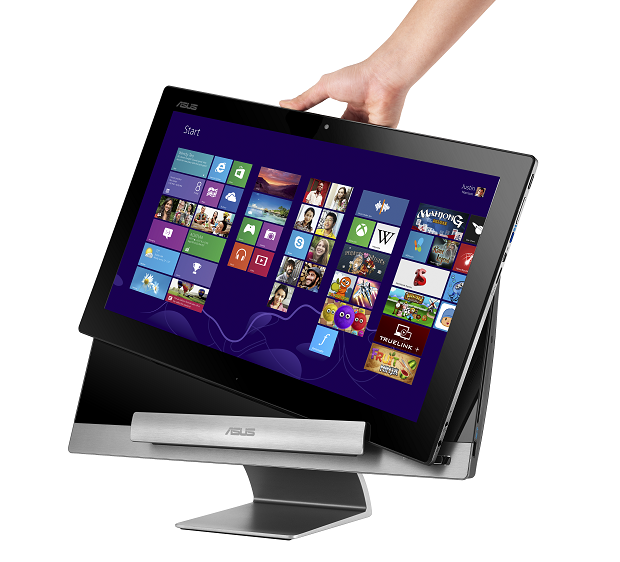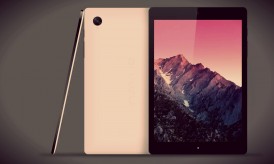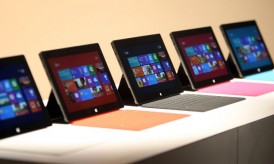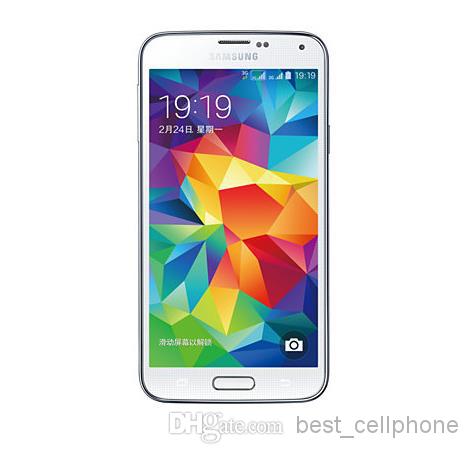After the mainframe computers bowed out, desktops have cemented their place. Laptops have cropped up to carved out their own identity but they have not been able to relegate the desktops entirely to the sidelines. In offices and homes, desktops continue to be used even today. Industry experts are now feeling that desktops will become obsolete by the time we are ready to welcome 2014 because of the coming of computer tablets. How serious is the threat posed by tablets to desktops in 2013? Let us go through some points.
Tablets are mobile devices, portable, handy and easy to use. You can now carry all your music and movies with you in your tablet. We are no more in the times when you had to carry CDs and CD players to listen to music or watch movies. Tablets have screens large enough with HD resolution picture support. With quality headphones, tablets can easily double up as your mp3 player. Moreover, tablets allow you to surf the internet, download files and also play games. You can type with the help of the keyboard that comes with tablets. In other words, your tablet is your entire computer going around in your sling bag!
Why then would you need the desktop? Before you jump to any conclusion and get rid of your trusted desktop, think laterally. What if you lose the tablet? You are going to lose all your data and files. It will be really unfortunate if you don’t have a backup of your files. Desktops have the ability to serve as your data bank. Because your desktop remains at home, there is no chance that it will get lost! You can store all the files you have, along with your music and movies in the desktop and transfer whatever you need to your tablet. Tablets come with limited memory space so you have to be selective at one point. To explain with an analogy, your tablet is a bucket while your desktop is the reservoir tank. Dip your tablet whenever you need files from the desktop.
There are other reasons why desktops will not lost out to tablets, just like it did not yield to laptops. For heavy-duty computer users like programmers or designers, tablets are not suitable. They need large screens and expansive typing space. Desktops can provide that. Computer geeks who love to experiment cannot do so on tablets. If you have a PowerPoint presentation at office, you are more likely to use your desktop to prepare the slides and then transfer the file to the tablet! For extensive research work on the internet as well, tablets cannot come in handy. Desktops will do the trick. It is only when you want to check out some websites at random or as a hobby, tablets will be enough.
Add to these reasons the fact that many old-timers like myself still prefer to use desktops for writing and surfing. It’s a choice for many. So, no matter how popular tablets get in the days to come, they cannot obliterate desktops from the face of this planet.

















Tablets are great for casual gaming, surfing the web, listening to music, reading emails and checking the weather, but when it comes to real gaming, research, development and content creating (video, image, audio editing) the desktop or at least a very high-end laptop is needed.
A hardcore gamer that likes his games to be in full-specs (resolution and graphics) will not settle for the compromises of gaming on a tablet like a small screen, reduced graphics or uncomfortable controls.
Also, developers and content creators require high-end specifications, a big workspace and access to numerous peripherals that are not currently compatible with tablets.
I agree that tablets are the future, but, in my opinion, more time is needed for the transition to take place.
Hi Daniel,
If you ask me this Ques. personally then i want to tell you YES…YES..!